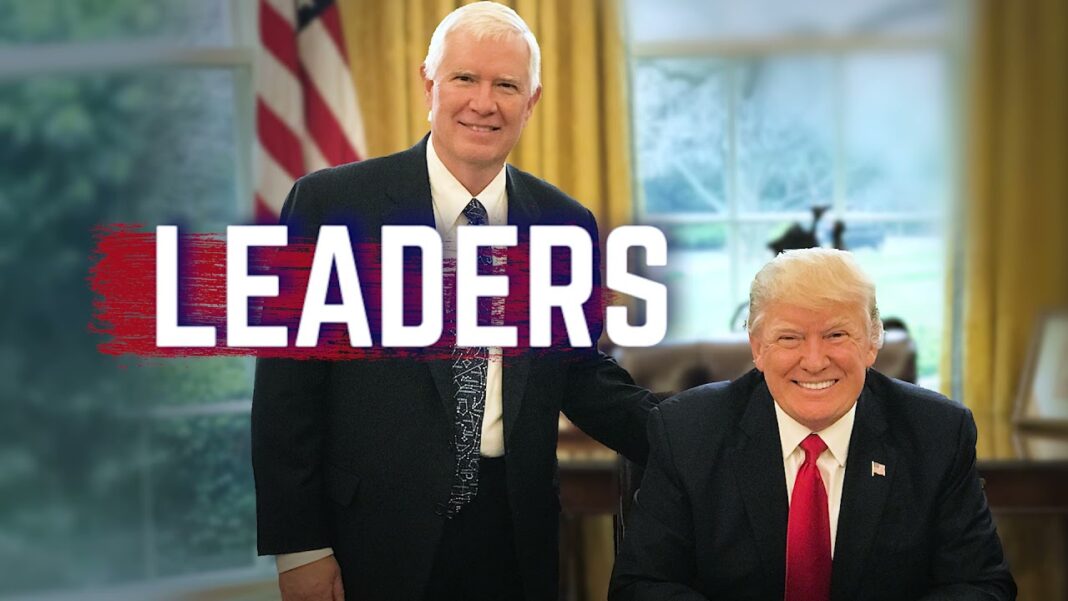New generations of artificial intelligence (AI), such as the AI powering the ChatGPT chatbot, will find a plethora of uses in political campaigns.
“ChatGPT is going to save a lot of time for people, especially with repetitive tasks. But at least the current generation, I don’t think it’s a magic bullet,” summarized Colin Delany, a digital campaign consultant who runs Epolitics.com.
ChatGPT has made waves as the first broadly accessible AI that gives users a feeling of flowing, natural conversation. It’s been praised for its robust capability to produce prose and computer code. Numerous other AI tools have recently hit the market, offering voice, image, and video generation.
The breakneck pace of the industry’s progress has sparked concerns about how the technology could affect the democratic process, especially elections.
Some concerns are justified, but the experts said the impact doesn’t appear to be groundbreaking just yet.
Deepfakes and Bots
The most often cited example of how an AI could affect elections is the “deepfake” generation. An AI can now manipulate images, voice, and video in a way that passes as convincing. Many people were fooled at first by the fake images of Pope Francis wearing a puffer coat.
“We’ve all seen the deep fake videos. We’ve all seen the deep fake images,” noted Democrat campaign strategist Henri Makembe.
The key will be for campaigns to develop “a rapid response” to quickly debunk the fakes. However, having the debunk achieve the same level of virality as the fake may be challenging.
A similar issue is spam. Social media could be inundated with bots that appear to have real profile images and post comments that seem natural.
“There are going to be issues,” Makembe acknowledged. Still, he wasn’t extremely worried.
“Just like there’s going to be AI-created text, there are AI bots to detect what AI-created text looks like,” he said.
Teachers and professors have already been forced to use such tools to detect AI-generated essays their students try to pass as their own.
By Petr Svab








